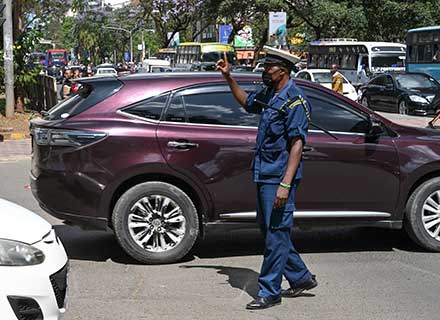The government of Kenya intends to progressively raise the excise charge on automobiles that operate on petrol and implement an annual wealth tax on car owners, the amount of which will vary based on the engine capacity of the vehicle.
According to a report in the Business Daily newspaper, the suggestions were included in the draft of the medium-term tax revenue strategy.
The Treasury has stated that the government will investigate whether or not it is possible to implement a wealth tax in the form of a tax on the circulation of motor vehicles.
Owners of motor vehicles will be required to pay the fee every year in conjunction with the purchase of an insurance policy.
The Treasury noted that “there will be a minimum tax amount payable by all motor vehicle owners in addition to a graduated amount based on the engine capacity of the vehicle.”
“There will be a graduated amount based on the engine capacity of the vehicle,” it added further.
The government has plans to gradually raise the excise taxes on imported vehicles that run on fossil fuels to encourage the use of environmentally friendly vehicles.
The most recent ideas are in addition to the draft ‘National Green Fiscal Incentives Policy Framework’ that was released in January 2023. That policy framework wants to initiate the collection of a congestion fee.
Even though the proposed tax has not yet been finalized, it will target places like Nairobi, Mombasa, Kisumu, and Nakuru that have highways that are frequently crowded.
In its ‘Medium Term Strategy’ for the Financial Years 2024-25 and 2026-27, the National Treasury said the levy, which will be classified as a wealth tax, will be paid annually.
“The Kenya Kwanza government is looking at introducing an excise tax on tractors, forklifts, excavators and earthmovers but also introducing tax incentives that promote the use of green energy,” stated a report from The Star.
“At the same time, the government will be reviewing the current taxes on electric vehicles that are environmentally friendly to support the transition into a green economy,” it added further.

